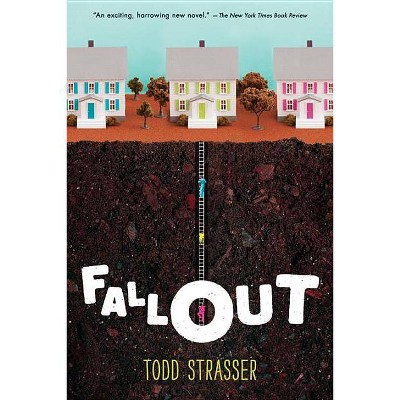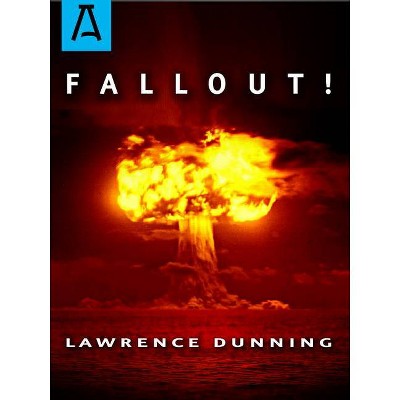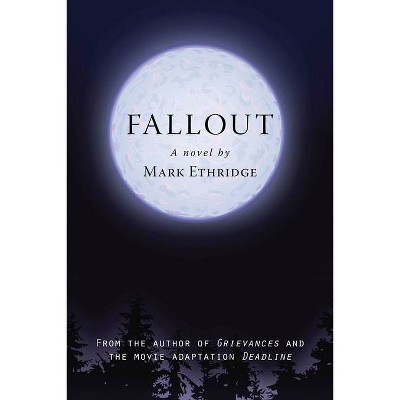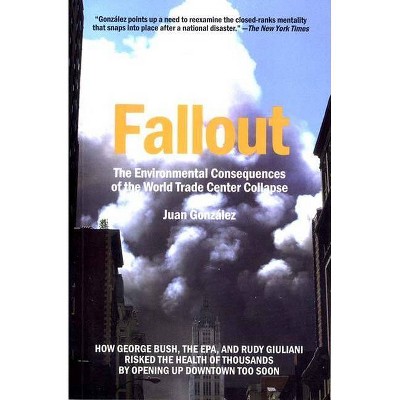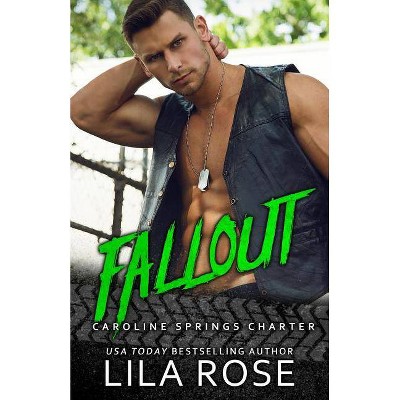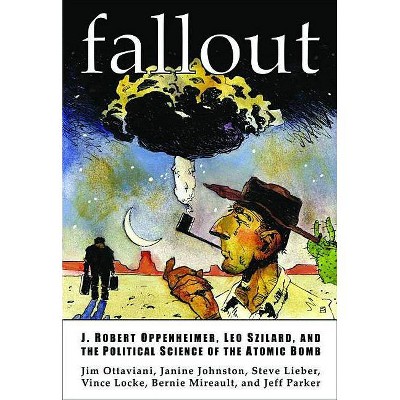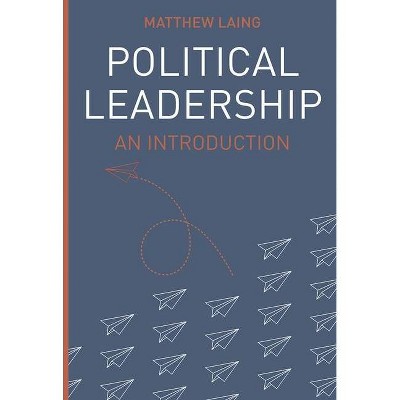Political Fallout - by Toshihiro Higuchi (Paperback)
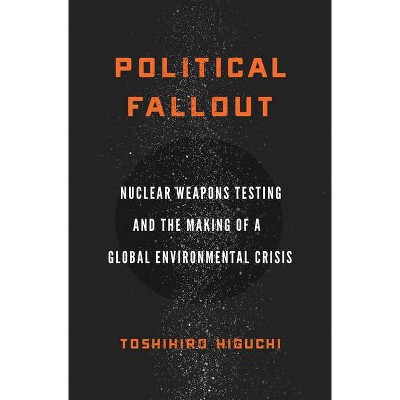
Similar Products
Products of same category from the store
AllProduct info
<p/><br></br><p><b> About the Book </b></p></br></br>Political Fallout' is the story of one of the first human-driven, truly global environmental crises-radioactive fallout from nuclear weapons testing during the Cold War-and the international response. Beginning in 1945, the United States, Britain, and the Soviet Union detonated hundreds of nuclear weapons in the atmosphere, scattering a massive amount of radioactivity across the globe. The scale of contamination was so vast, and radioactive decay so slow, that the cumulative effect on humans and the environment is still difficult to fully comprehend. 0The international debate over nuclear fallout turned global radioactive contamination into an environmental issue, eventually leading the nuclear superpowers to sign the landmark Partial Test Ban Treaty (PTBT) in 1963. Bringing together environmental history and Cold War history, Toshihiro Higuchi argues that the PTBT, originally proposed as an arms control measure, transformed into a dual-purpose initiative to check the nuclear arms race and radioactive pollution simultaneously. Higuchi draws on sources in English, Russian, and Japanese, considering both the epistemic differences that emerged in different scientific communities in the 1950s and the way that public consciousness around the risks of radioactive fallout influenced policy in turn. 'Political Fallout' addresses the implications of science and policymaking in the Anthropocene-an era in which humans are confronting environmental changes of their own making.<p/><br></br><p><b> Book Synopsis </b></p></br></br><p><i>Political Fallout</i> is the story of one of the first human-driven, truly global environmental crises--radioactive fallout from nuclear weapons testing during the Cold War--and the international response. Beginning in 1945, the United States, Britain, and the Soviet Union detonated hundreds of nuclear weapons in the atmosphere, scattering a massive amount of radioactivity across the globe. The scale of contamination was so vast, and radioactive decay so slow, that the cumulative effect on humans and the environment is still difficult to fully comprehend. </p> <p>The international debate over nuclear fallout turned global radioactive contamination into an environmental issue, eventually leading the nuclear superpowers to sign the landmark Partial Test Ban Treaty (PTBT) in 1963. Bringing together environmental history and Cold War history, Toshihiro Higuchi argues that the PTBT, originally proposed as an arms control measure, transformed into a dual-purpose initiative to check the nuclear arms race and radioactive pollution simultaneously. Higuchi draws on sources in English, Russian, and Japanese, considering both the epistemic differences that emerged in different scientific communities in the 1950s and the way that public consciousness around the risks of radioactive fallout influenced policy in turn. <i>Political Fallout</i> addresses the implications of science and policymaking in the Anthropocene--an era in which humans are confronting environmental changes of their own making.</p><p/><br></br><p><b> Review Quotes </b></p></br></br><br><i>Political Fallout</i> shows how the superpowers took it upon themselves to determine acceptable risks of nuclear fallout for the entire globe by turning values and opinion into statements of fact. An insightful analysis of how international governance and environmental regulation configured understandings of risk and pollution in the Anthropocene.--Kate Brown "author of <i>Plutopia</i> and <i>Manual for Survival: A Chernobyl Guide to the Future</i>"<br><br>Higuchi has written a superb study that articulates the role of fallout in ways we have not seen before, showing us how state power shaped our understanding of environmental risks. It is clear that this Cold War story, while forgotten by most, still frames how we imagine the challenges of the so-called Anthropocene.--Jacob Darwin Hamblin "author of <i>Arming Mother Nature: The Birth of Catastrophic Environmentalism</i>"<br><p/><br></br><p><b> About the Author </b></p></br></br><b>Toshihiro Higuchi</b> is Assistant Professor of History at Georgetown University.
Price History
Cheapest price in the interval: 28 on October 27, 2021
Most expensive price in the interval: 28 on November 8, 2021
Price Archive shows prices from various stores, lets you see history and find the cheapest. There is no actual sale on the website. For all support, inquiry and suggestion messages communication@pricearchive.us



